I. Introduction
The concept of fish hibernating is often associated with cold-water species in temperate regions. These fish undergo physiological changes to adapt to the harsh winter conditions, reducing their activity and metabolic rate to conserve energy. However, this phenomenon is not as common in tropical fish like bettas, which originate from warm, stable environments.
Many betta owners wonder if their fish will hibernate during the colder months, or if they need to take any special precautions to keep their bettas healthy. In this article, we will delve into the topic of Do betta fish hibernate? and provide you with all the information you need to know about keeping your betta happy and healthy during the winter season.
II. Do Betta Fish Hibernate? Examining the Truth about them
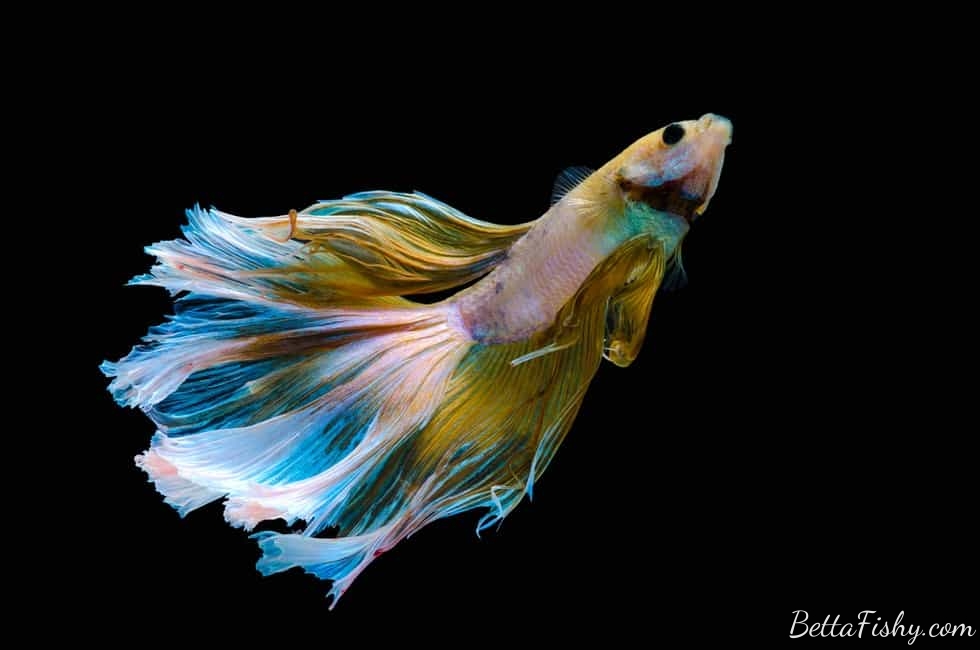
No, betta fish do not hibernate in the traditional sense. They are tropical fish that require warm water temperatures ranging from 24°C to 27°C (75°F to 80°F) to thrive. Their bodies are not adapted to withstand significant temperature drops, and attempting to induce hibernation would be detrimental to their health.
The Science Behind Hibernation
Hibernation is a natural process that allows animals to survive during periods of extreme cold or food scarcity. It involves a series of physiological changes that help the animal conserve energy and survive until conditions become more favorable. During hibernation, an animal’s body temperature drops significantly, and its metabolism slows down, allowing it to use stored fat reserves for energy.
While some fish species, such as goldfish and koi, are known to hibernate, this is not the case for bettas. These tropical fish have evolved in warm, stable environments and do not possess the necessary adaptations to hibernate.
III. Understanding the Impact of Temperatures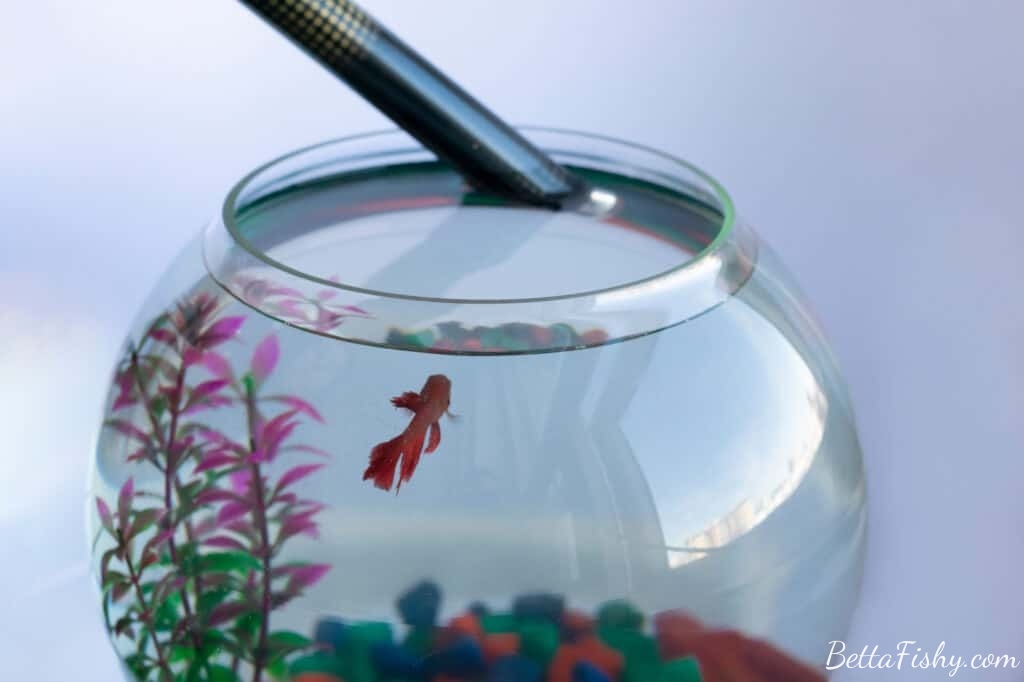
Bettas are sensitive to changes in water temperature. Exposing them to water temperatures below 20°C (68°F) for extended periods can lead to various health problems, including:
- Weakened immune system: This makes them more susceptible to diseases and infections.
- Slowed metabolism: Betta fish are cold-blooded animals, meaning their body temperature is dependent on their surroundings. When the water temperature drops, their metabolism slows down, making it difficult for them to digest food and stay healthy.
- Lethargy: Cold temperatures can make bettas sluggish and less active, affecting their overall well-being.
- Respiratory issues: Bettas have a labyrinth organ that allows them to breathe air from the surface of the water. However, when the water is too cold, this organ may not function properly, leading to respiratory problems.
It is crucial to maintain a consistent water temperature for your betta to thrive. Sudden drops in temperature can be stressful for them and compromise their health. Therefore, it is essential to monitor the water temperature regularly and make adjustments if necessary.
IV. Maintaining Betta Health in the Cold Season
What can you do to ensure your betta stays happy and healthy during the colder months? Here are some tips:
Use a Heater
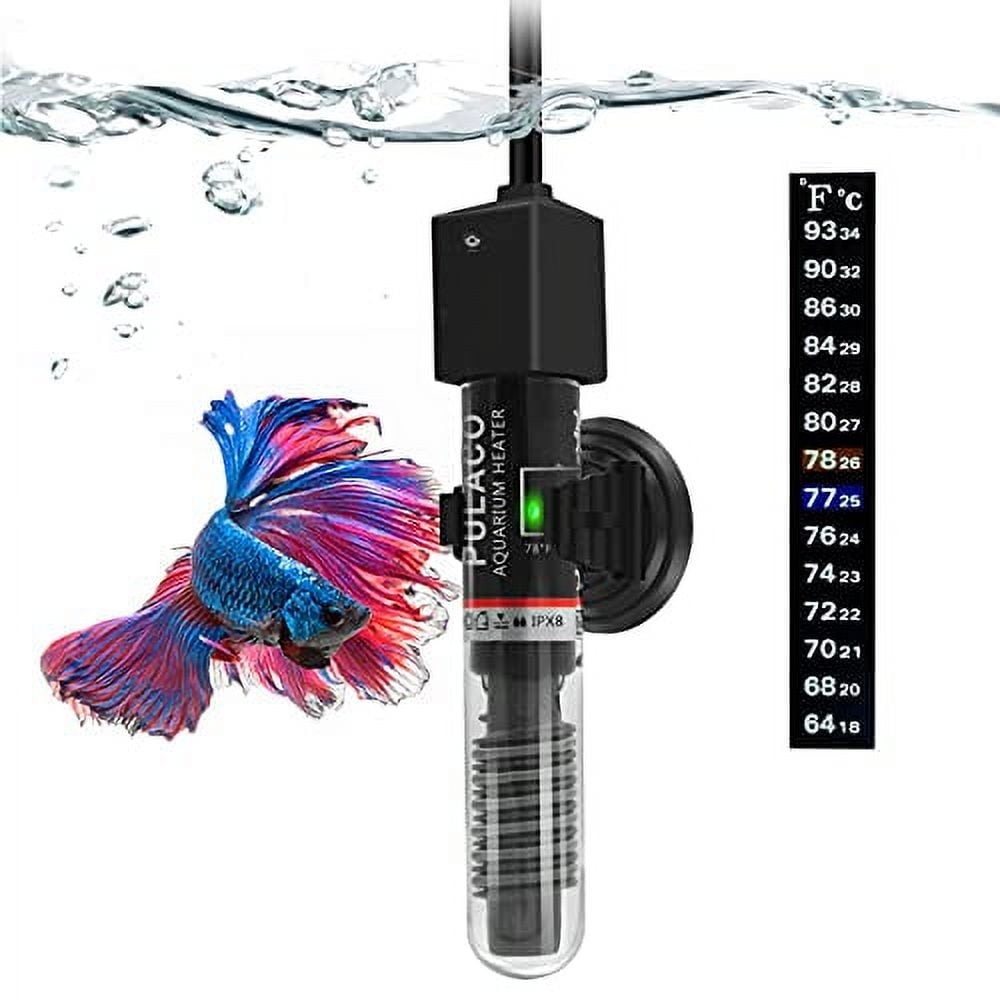
Investing in a good quality heater is crucial for maintaining a stable water temperature for your betta. It is recommended to keep the water temperature between 24°C to 27°C (75°F to 80°F) for bettas. A heater with a built-in thermostat can help you maintain the desired temperature and prevent any sudden drops.
Monitor Water Temperature
Even with a heater, it is essential to keep an eye on the water temperature regularly. Sometimes, heaters may malfunction or stop working, leading to a drop in temperature. It is recommended to have a thermometer in your tank to monitor the water temperature and make adjustments if necessary.
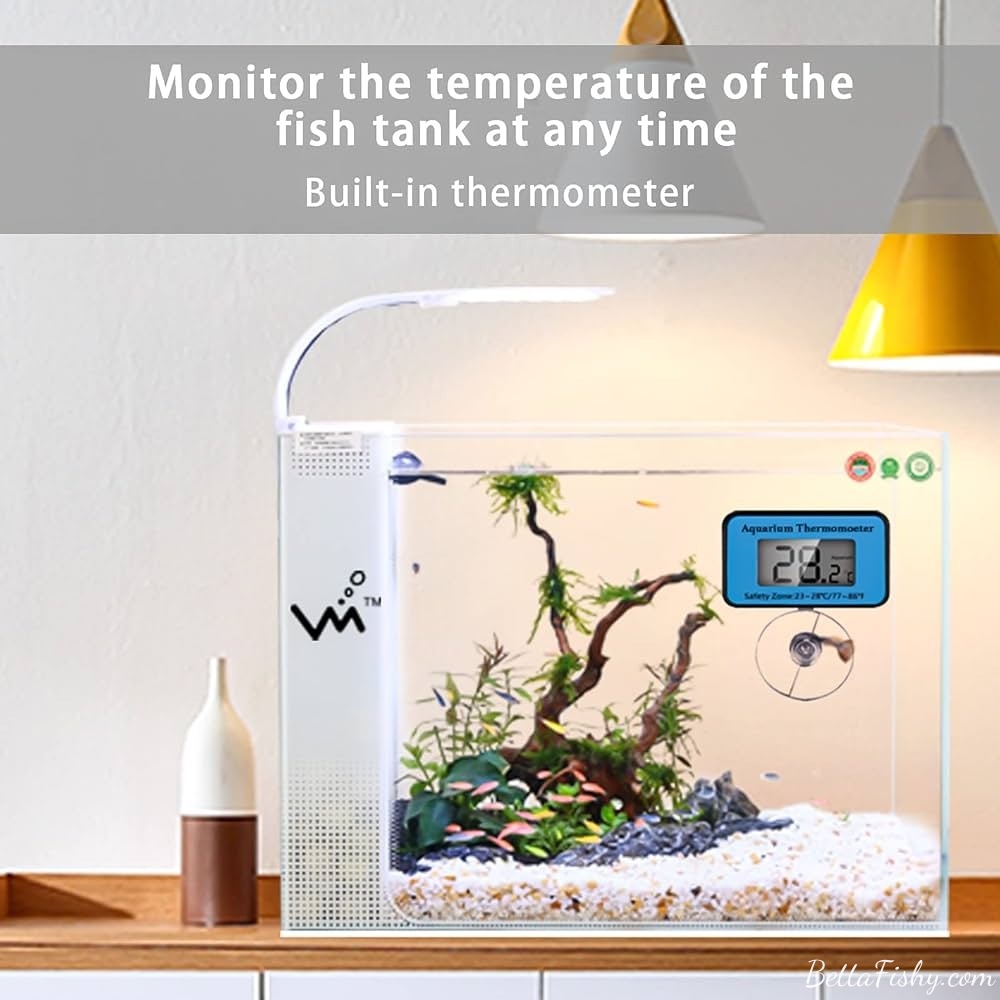
Avoid Drafts
Placing your betta tank near a window or drafty area can cause fluctuations in water temperature, which can be harmful to your fish. Make sure to keep your tank away from any sources of cold air, such as air conditioning vents or open windows.
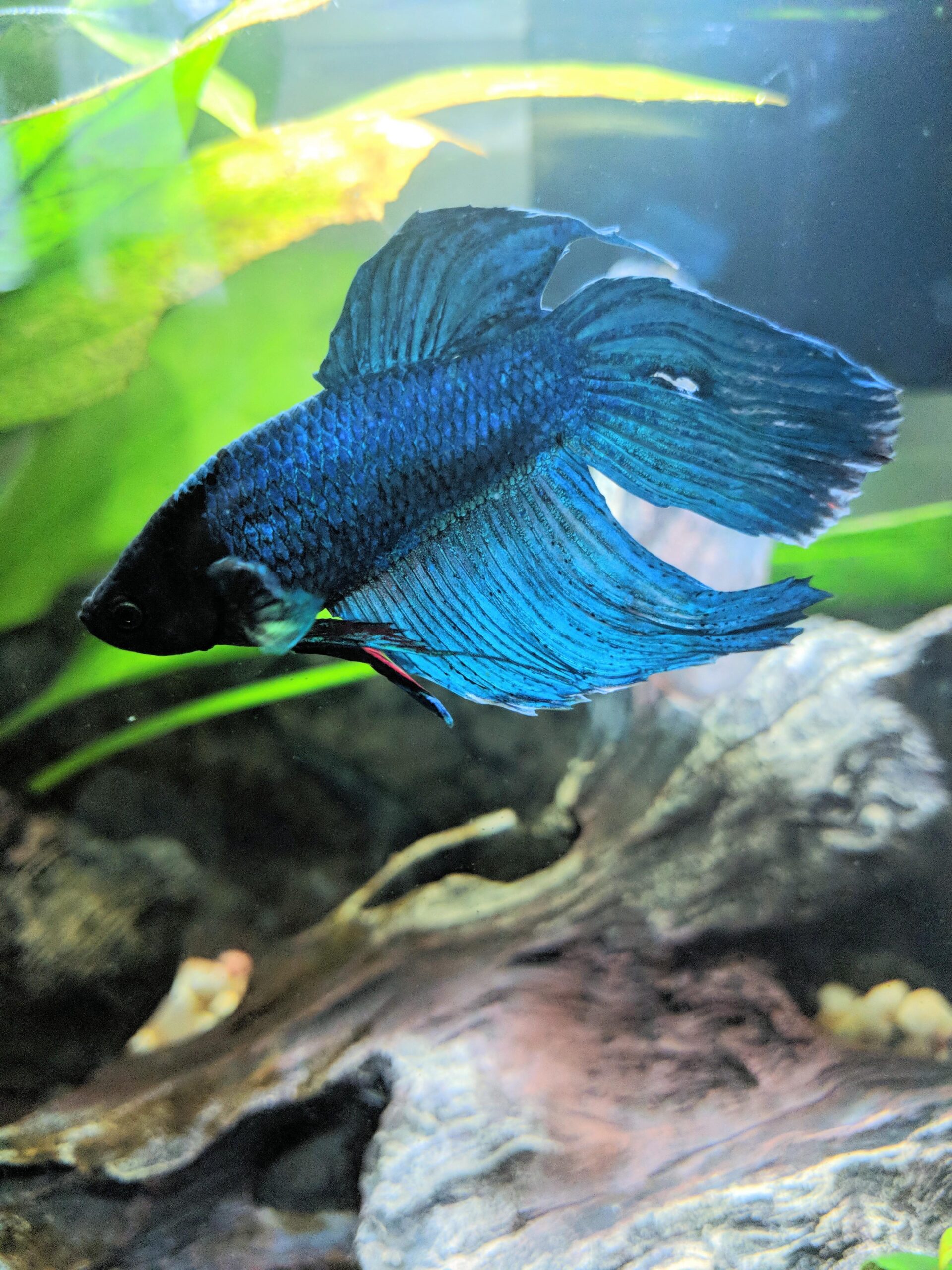
Feed Your Betta Properly
During the winter months, bettas may not be as active as they are during warmer months. Therefore, it is essential to adjust their feeding schedule accordingly. Overfeeding can lead to digestive issues, so it is best to feed your betta small amounts of food twice a day.
Enrichment and Stimulation:
Providing enrichment activities and stimulating environments can help keep your betta happy and active, even in colder months. Try offering:
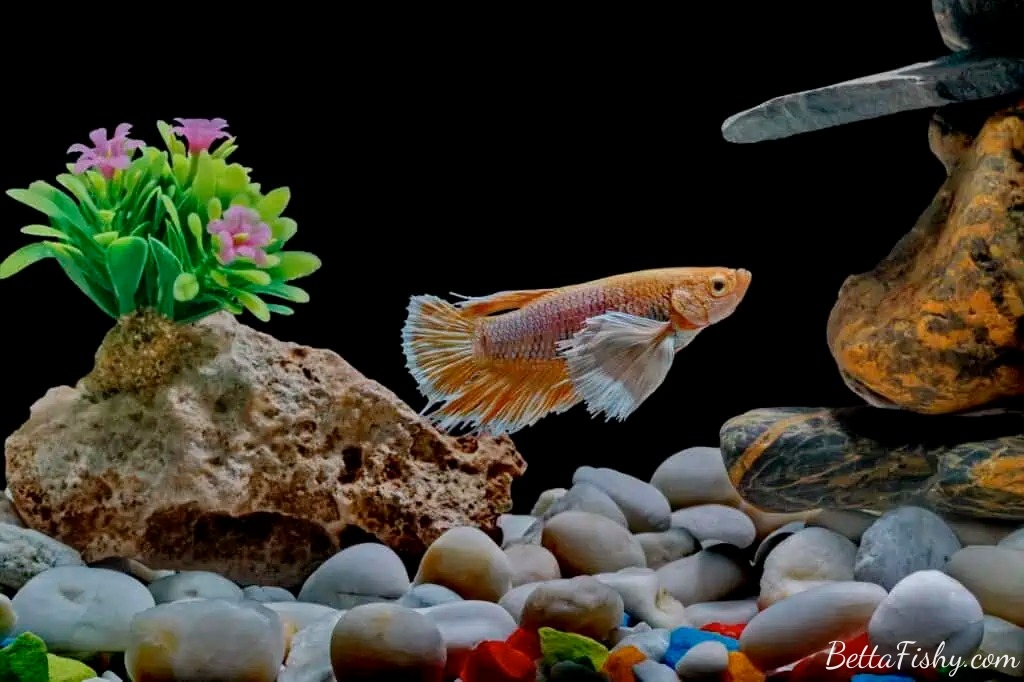
- Live plants: Plants provide natural hiding places and encourage exploration.
- Floating toys: Bettas enjoy chasing and interacting with floating toys.
- Mirrors: Introduce a mirror for short periods to promote exercise and display behaviors.
- Adding peaceful community tankmates, like snails or shrimp, can provide additional companionship and stimulation for your betta. However, carefully research compatible species and ensure the tank is large enough to accommodate additional fish comfortably.
V. Mimicking Hibernation: Differentiating True Rest from Other Behaviors
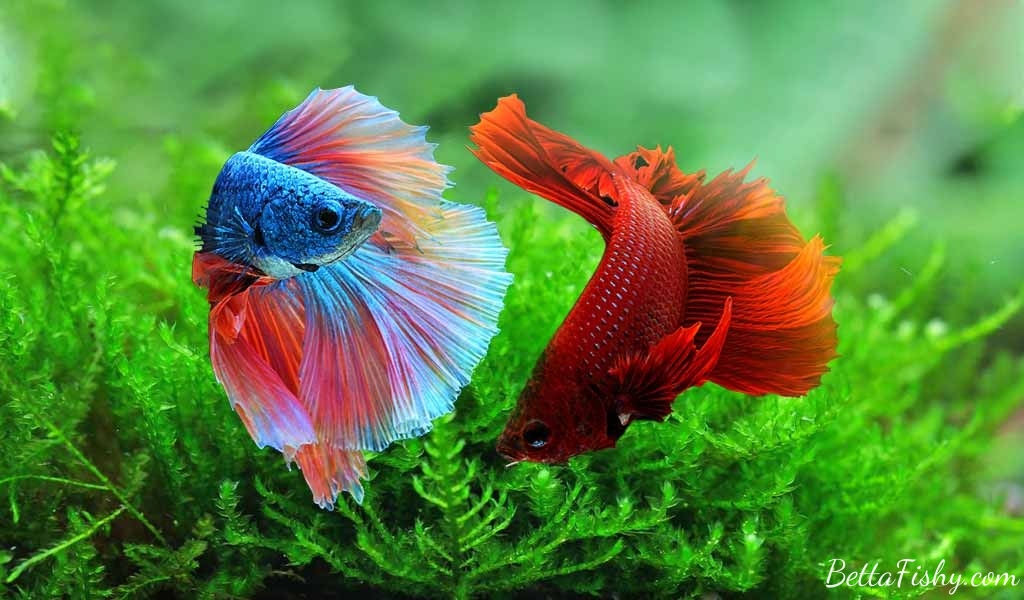
Sometimes, bettas may exhibit behaviors that may seem like hibernation, but they are actually displaying other natural behaviors. Here are some common behaviors that bettas may exhibit during the colder months:
Lethargy
Cold temperatures can make bettas sluggish and less active. They may spend more time resting at the bottom of the tank or hiding in their favorite spot. This behavior is normal and does not necessarily mean that your betta is hibernating.
Reduced Appetite
Bettas may eat less during the colder months due to their slowed metabolism. However, if your betta stops eating altogether, it could be a sign of illness or stress. Keep an eye on your betta’s eating habits and consult a veterinarian if you notice any significant changes.
Color Changes
Bettas are known for their vibrant colors, but during the winter months, they may appear duller. This is because cold temperatures can affect their coloration. However, if your betta’s color changes drastically or they develop any unusual markings, it could be a sign of illness.
VI. A Clearer Picture
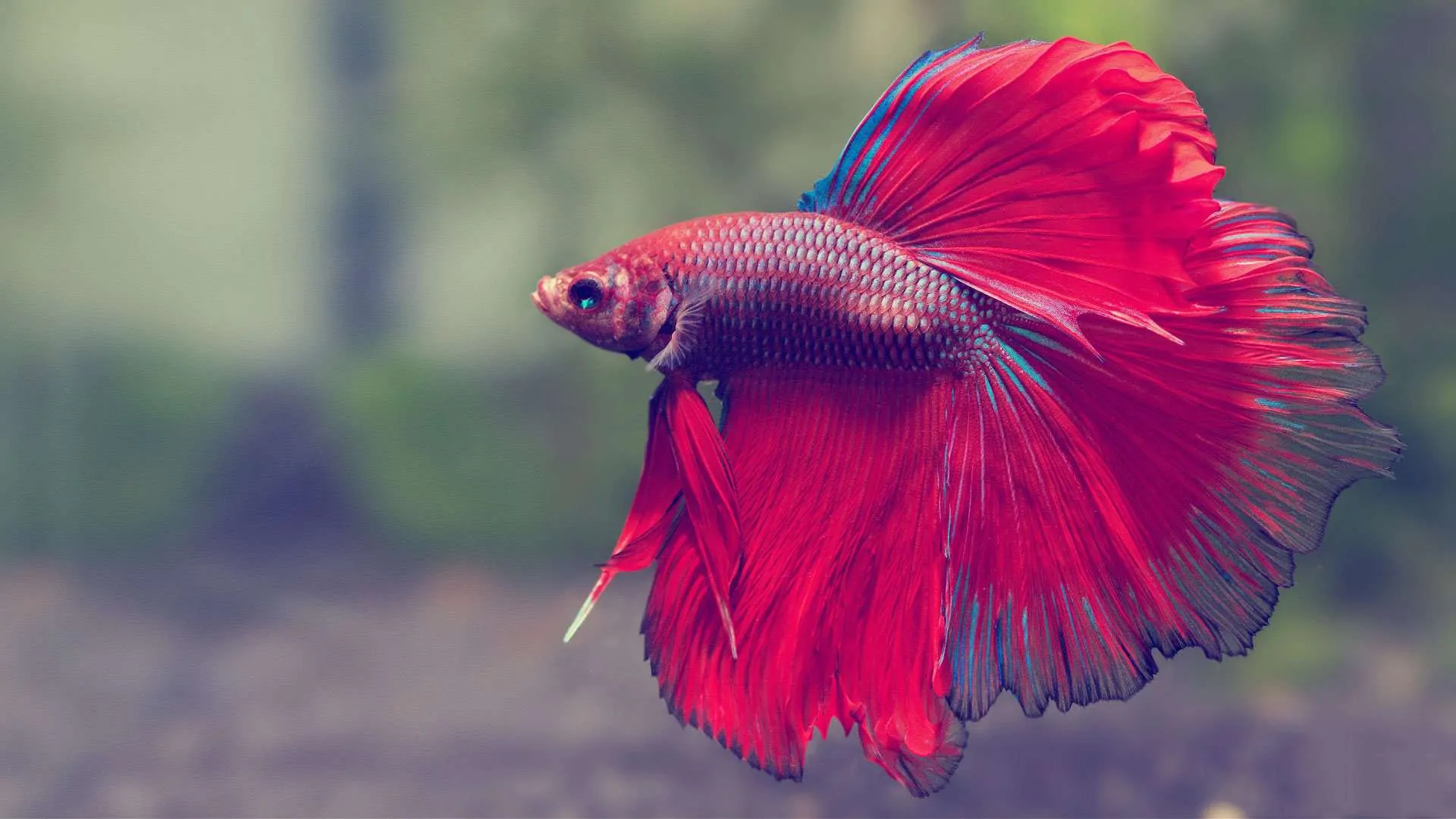
In summary, bettas do not hibernate, and encouraging them to try to sleep during the winter months is not only unnecessary but may be detrimental to their welfare. As responsible pet owners, it is our duty to educate ourselves about the needs of our pets and provide them with the best care possible. With proper care and attention, your betta will continue to mesmerize you with its beauty and charm for years to come.


